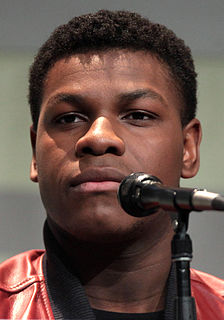A Quote by Sei Shonagon
One is telling a story about old times when someone breaks in with a little detail that he happens to know, implying that one's own version is inaccurate — disgusting behavior!
Related Quotes
I think that's the real shame: We spent the last 48 hours talking about these disgusting, disgusting comments and disgusting behavior instead of talking about hurricane relief or what's going on in Flint, Michigan. It's just appalling to have to be dealing with such nonsense and such disgusting, you know, criminal speech.
It thought about the magic that happens when you tell a story right, and everybody who hears it not only loves the story, but they love you a little bit, too, for telling it so well. Like I love Ms. Washington, in spite of myself, the first time I heard her. When you hear somebody read a story well, you can't help but think there's some good inside them, even if you don't know them.
A good story isn't the one that shuts everyone down and sort of leaves them in silent awe. A good story is one that, even before you finish the anecdote, you can see their eyes shining because it has so resonated with something from their own lives that everyone in the group has a version of the same story and they cannot wait to tell it, and that they're going to compete to make their version even more extreme than your version. So your version is just a seed.
I was interested in the ways we can write biography. When you're first starting to write about your own life it feels so shapeless because you don't know how to make your own story cohesive. How do I pluck a story out of the entirety of what it means to be alive. It occurred to me recently that when you're telling a story about your own life, rather than taking a chunk, you're kinda like lifting a thread from a loom.
Writing fiction lets you be a little more emotional and unguarded, a little freer. Writing fictional characters is also really different from writing about real people. In nonfiction, you can only say so much about the people you interact with. After all, they're actual people, their version of their story trumps yours. In a novel, you can build a character, using certain parts or impressions of someone you know, and guessing or inventing others, without having to worry that your guesses or memories or inventions are wrong.


































